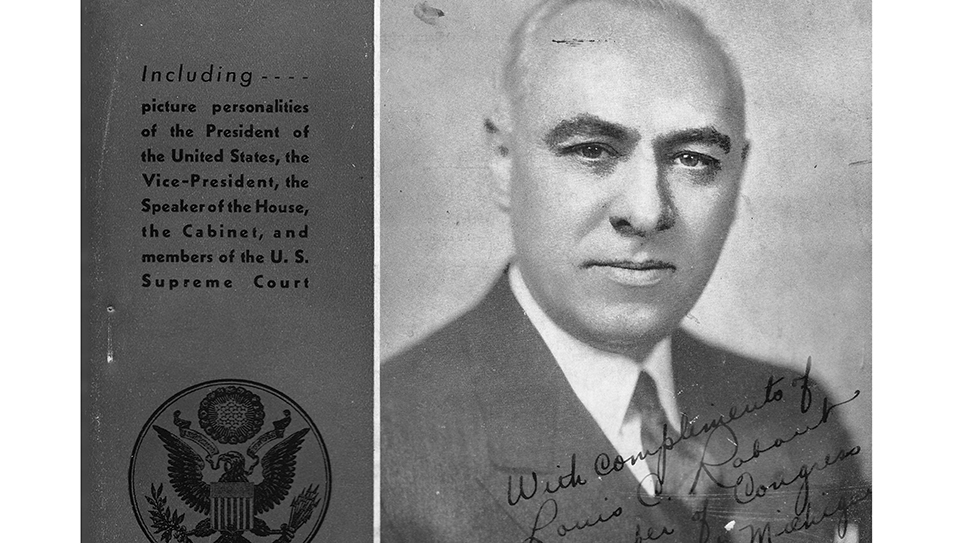I wonder if anything you hear is true anymore. Certainly you have to question anything reported in the press or anything coming from a politician’s mouth. But then you’d have to define truth, which is a much higher bar to attain than purported facts. You might be challenged by the notion that facts are not sacrosanct because they are subject to human observation. Furthermore, facts require a reference point for comparison, and any reference point must therefore be accepted on an article of faith. Does this logic train make your head hurt? Well, hold on.
I’ve heard that the opposite of love is not hate, but indifference. I agree that love and hate are intense emotions, and that indifference is the absence of any emotional investment. An analogy might be that darkness is the absence of light. But, might indifference be just an extreme degree of callous disregard?
I am disturbed by the recent purported comments of John McCain, who is dying of brain cancer. Perhaps Senator McCain’s comments are examples of fake news. Perhaps his comments are the result of his illness or medication. I understand that he disagrees with President Trump, but his comments are beyond policy differences or politics. And if the comments are true, they have risen to a level of pathological enmity. What a legacy he is creating in his final days.
One of the great classics of American literature is the book “Moby Dick” by Herman Melville. I’ve often observed that the shared experiences of a book, a movie, a poem or a sunset are sometimes the truest means of understanding. The Wrath of Kahn is the second installment of the Star Trek movie series. Kahn, played by Ricardo Montalban, hates Captain Kirk, but the enmity is as hard for me to comprehend as is the hatred Captain Ahab has for the great white whale, Moby Dick. Recently, John McCain’s comments about Trump caused me to recall the movie and Kahn who, in a pivotal moment, quotes Captain Ahab: “From hell’s heart, I stab at thee. For hate’s sake, I spit my last breath at thee.” Hatred is an illness or perhaps it is a reflection of something more.
Mel Gibson’s movie The Passion of Christ was panned by critics during a period when Gibson was out of favor with the Hollywood bunch. I disagree with most perspectives emanating from Hollywood, and like Kanye West, I can think for myself and don’t require the opinions of the booboisie. Watching Gibson’s movie was a painful learning experience, but it allowed me to comprehend the horrors of Roman scourging and crucifixion. Is it necessary for me to comprehend crucifixion? Perhaps not, but more importantly, the movie afforded me a vision of hatred, an emotion and a concept I have trouble understanding.
I did not begin this essay as a critique of literature or movies. I just go where my thoughts take me as I try to understand the alien concept of hate and consider this perspective with you. The question is, how do you understand or explain the otherwise inexplicable?
Some years ago, the detectives investigating the Christian-Newsom murders in Knoxville described the crime scene as having the presence of evil. I don’t believe I’ve ever experienced evil, but I know something of it by observing the cinematic androgynous and malevolent entity in The Passion of Christ. Watching this Devilish creature float invisibly among Jerusalem’s crowds and transform them to murderous hatred, caused me to consider the primal force of hatred.
Perhaps the topic of hate doesn’t interest you or you find my observations troublesome or specious. However, contemplating the phenomenon of hatred is important if you want to at least partially understand the enmity between Sunni and Shia Muslims or between Palestinians and Jews. Nor, do I believe you can comprehend terrorism or the Trump hatred syndrome unless you consider the root cause. And in defense of this difficult topic, I don’t believe you can arrive at the truth or make informed opinions without considering the contextual facts and the operative emotions.
As an internist and an observer of people, I am interested in emotions and how they modify rational behavior. During my own illness, my wife, Becky, observed how the emotions of illness changed my otherwise rational behavior. Emotion even altered what I heard my doctors say. From this I learned that two sets of ears are better than one, especially in emotionally charged medical situations, rife with fear, situational depression and pain. The teaching point is, always take a spouse or trusted friend with you to the doctor for medical consultations other than routine visits.
I know something about love because I have experienced it. There is a saying in medicine which goes “watch one, do one and teach one.” This means you can never learn to perform a spinal tap from a book nor can you teach someone else about this procedure until you have done it yourself. I don’t presume to understand hatred or evil, nor can I teach about these perspectives with any degree of authority because, admittedly, I have never experienced either. The best I can do is imagine hatred and evil as the absence of or the antithesis of love.
Supreme Court Justice Stewart Potter is remembered for having difficulty defining hard-core pornography, but concluded “I know it when I see it.” I know love when I see it, and I recognize its absence. Like hatred, I cannot objectively define evil, but conceptually, in this dualistic universe, I see God as the antithesis of evil.
The fundamental principle of the Bible is “God is love” (I John 4:8). Though I have never seen God, I know of him because I see his creative hand in the universe around me. And I understand a bit about God because I know of his created force for good which we know as Love.
Love, like light, pushes back the darkness. This is truth, and wisdom, of the ages.






